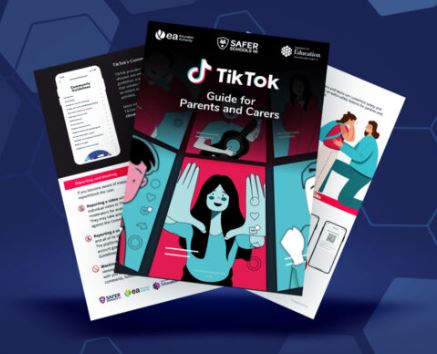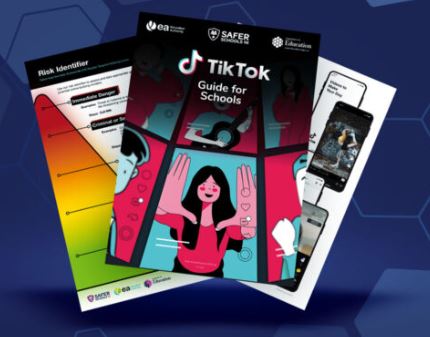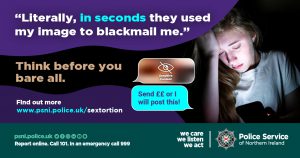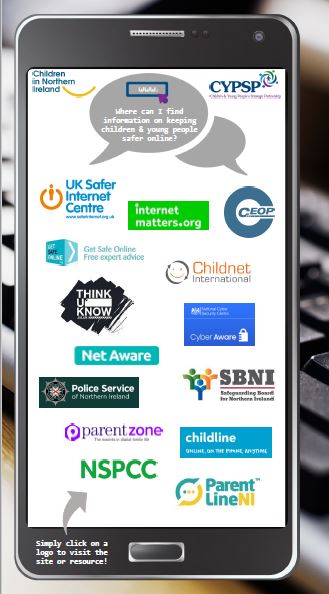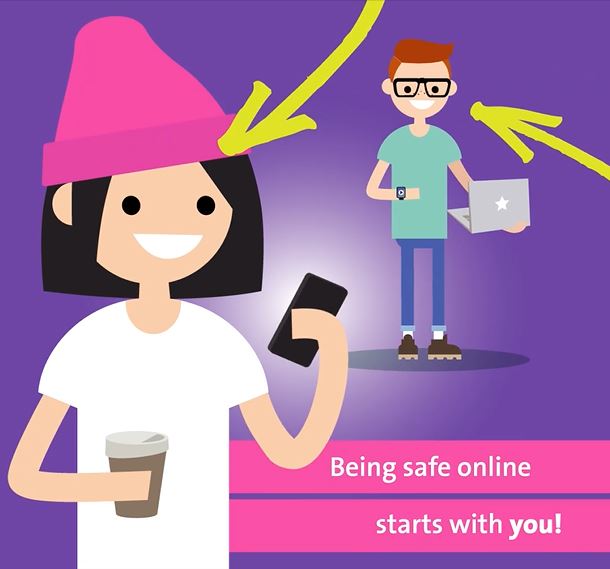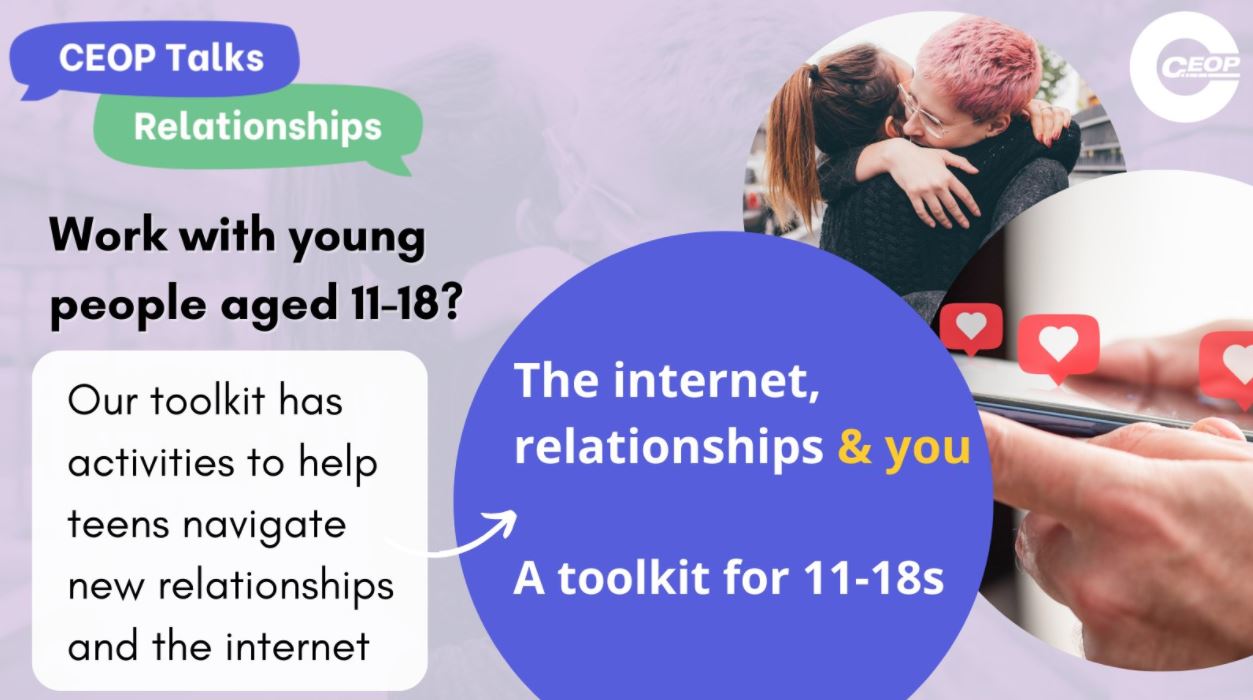The guides launched on Safer Internet Day (7th February), a day that promotes the safe, responsible and positive use of digital technology for children and young people, were created as part of EA’s commitment to enhancing the support and guidance offered to schools in relation to social medial.
They provide advice to schools, parents and carers on the basics of how TikTok works, the potential risks associated with it and helpful tips on how to best support children and young people on the use of such platforms.
TikTok is a social media application where users can create, share and watch short videos; and which allows users to express themselves in creative ways such as singing, dancing and performing comedy sketches. However the app has brought challenges and concerns for many schools, parents and carers as highlighted by EA’s Elaine Craig:
“The importance of online safety for children and young people cannot be underestimated. While TikTok is a hugely popular platform, potential risks include social pressures, stranger danger, lack of age verification, and access to explicit content.
“We were delighted to work with online safety experts INEQE and the Department of Education on these guides which are a highly useful resource, and which form part of our long-term strategy to keep young people safe while online.”

